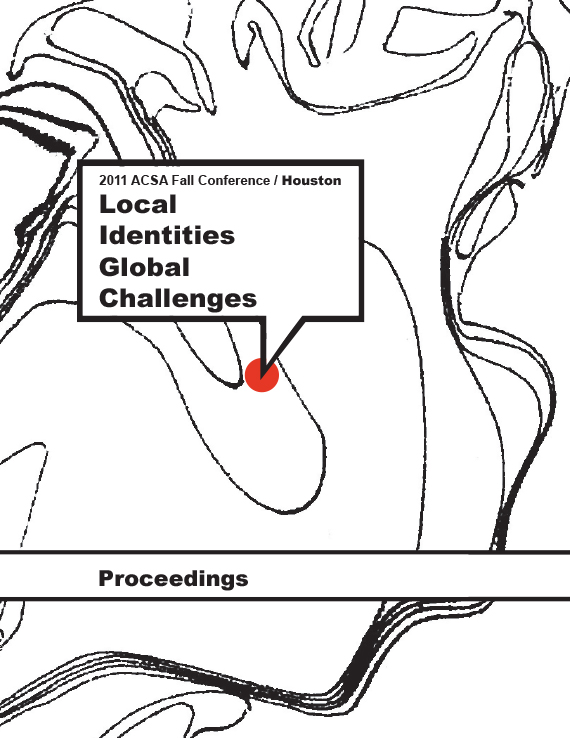Author(s): Hans Herrmann
Standing in contrast to Descartes’s scientific reductionism,Systems Thinking is a logic and workingmethodology which one may employ to understandcomplex organizational issues. It is change-basedin that it often attempts to understand and predicthow actions result in reactions and/or interactions.Architectural design and its role as a contingent of(global) environmental design has begun to embracethis logic to better address ethical and professionalchallenges facing the next generation of architects.While this may be happening in interdisciplinary andcross-disciplinary practices such as OMA/AMO, SHoP,MVRDV, Field Operations, as well as some corporategiants, its application academia is largely limited tothe graduate level of study where students are morelikely to hold a higher level of educational diversity.Foundation design curricula (years one throughfour) have often been anchored upon knowledge silos,a term common among the business communitythat is used to describe discrete knowledge domainsthat lack an operational reciprocity. The design studiohas traditionally served as a kind of anti-silo, orlaboratory for knowledge synthesis. Taking advantageof this latent learning format, the interest here,is to understand how a Systems approach to design,if engrained in the students’ modus operandi, mightstimulate and advance the profession as it works toaddress issues of ecology and ethical development.This paper attempts to outline how Systems Thinkingis enabled via retrospective causality diagrammingand meta-discussions regardless of a student’seducational background or perspective. A means ofbringing a Systems Thinking approach to the foundationyears of a design education are outlined utilizingthe vehicle of time-based performance.
Volume Editors
Ikhlas Sabouni & Jorge Vanegas

 Study Architecture
Study Architecture  ProPEL
ProPEL 
